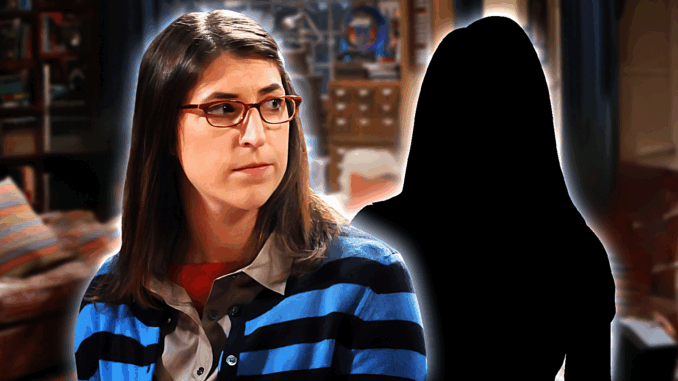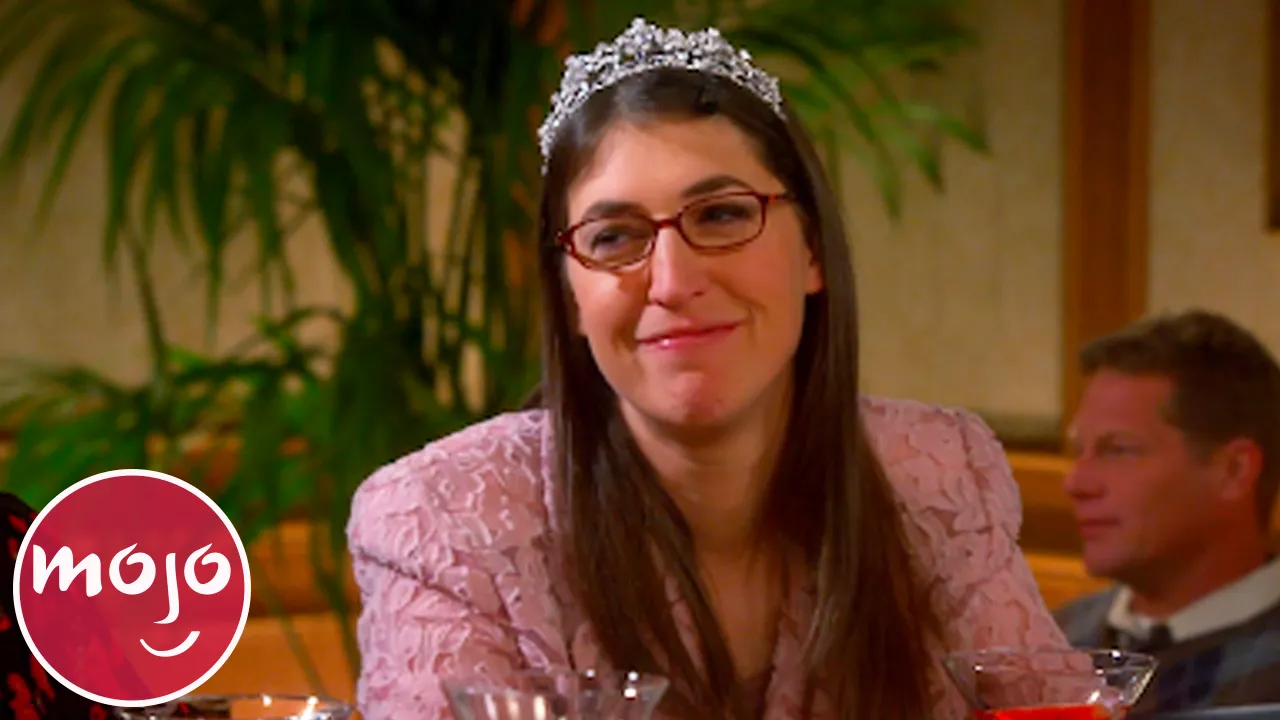
From Guest Star to Main Cast: The Arrival of Amy Farrah Fowler
When Amy Farrah Fowler made her first appearance in the Season 3 finale of The Big Bang Theory, few could have predicted the impact she would have on the series. Introduced as a romantic prospect for Sheldon via a dating app, she was originally a near-carbon copy of his personality—robotic, emotionally detached, and highly intellectual.
Played by real-life neuroscientist Mayim Bialik, Amy was meant to be a brief guest character. But audiences responded positively to the chemistry between her and Sheldon, and by Season 4, she had joined the main cast. From there, Amy underwent one of the most compelling character arcs on the show.
Amy’s Transformation: More Than a Quirky Archetype
At first, Amy’s social awkwardness and scientific obsessions made her feel like “Sheldon in a skirt.” But as the seasons progressed, writers gave her more depth. She developed close friendships with Penny and Bernadette, explored her identity beyond academia, and slowly—but steadily—helped Sheldon understand the complexities of emotional intimacy.
Her transformation felt earned. She didn’t simply become more “normal” to fit in—she grew into her own sense of self. Amy remained unapologetically brilliant and peculiar, but also embraced vulnerability, desire, and self-respect.
This delicate balance—preserving her quirks while allowing growth—made her a standout character in a show already filled with big personalities.
Amy and Sheldon: A Relationship Built on Patience and Progress
One of the show’s boldest long-term storylines was the slow-burn romance between Amy and Sheldon. Unlike the typical sitcom couple, they didn’t rush into physical intimacy or emotional declarations. Their journey involved small, incremental steps—like holding hands, planning date nights, and eventually, their much-celebrated first kiss.
Amy’s patience was central. She loved Sheldon for who he was, not for who she could turn him into. Yet, she also set boundaries and demanded emotional reciprocity. She wasn’t a pushover or a “fixer”—she was a partner, one who gave as much as she challenged.
Their relationship culminated in a deeply satisfying payoff: marriage, shared scientific success, and genuine emotional connection. The moment they won the Nobel Prize together wasn’t just about physics—it was the symbolic reward for years of personal evolution and mutual respect.
A Feminist Icon in a Lab Coat
Amy Farrah Fowler also broke new ground in terms of representation. She wasn’t the traditional romantic lead—she didn’t rely on her looks, she wasn’t overly sexualized, and she proudly embraced her scientific career. Yet she was never reduced to a stereotype.
Amy talked openly about topics like loneliness, ambition, and sexual agency. She navigated female friendships with warmth and wit. And she proudly celebrated her passion for neuroscience, often educating her friends (and the audience) about brain function and psychology.
In a genre that often sidelines smart women in favor of comic relief or eye candy, Amy stood tall as a character who could be intelligent, awkward, funny, and lovable—all at once.
Amy and Penny: An Unlikely but Powerful Friendship

One of the most delightful surprises of the series was the evolving friendship between Amy and Penny. At first, Amy idolized Penny to a comical degree, often calling her “bestie” and expressing awkward admiration.
But over time, their dynamic became more balanced and genuine. Penny became a sounding board for Amy’s personal struggles, while Amy encouraged Penny to value her own intellect and career potential.
Their friendship highlighted the power of contrast—how people from vastly different worlds could support and elevate each other. It also proved that female friendship could be funny, weird, and emotionally resonant without relying on catty tropes.
Conclusion: A Quiet Revolution in Sitcom Characterization
Amy Farrah Fowler may not have started as a main character, but by the end of The Big Bang Theory, she had become one of its most indispensable voices. Her story wasn’t just about romance—it was about discovering who you are when the world doesn’t quite understand you.
In a show dominated by men and science, Amy emerged as a fully realized woman who was never defined solely by her relationship, her job, or her awkwardness. She was, in every sense, revolutionary—and the sitcom world is better for it.